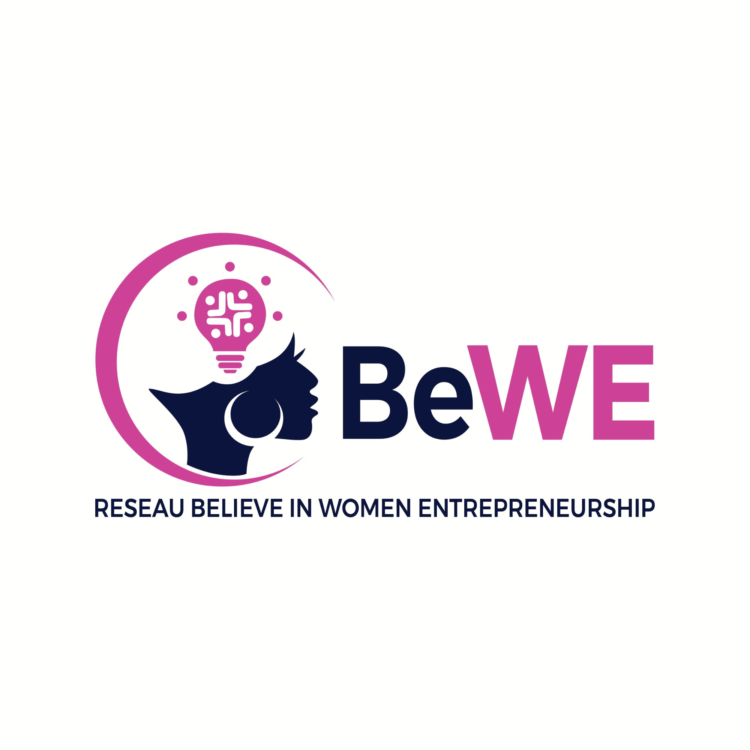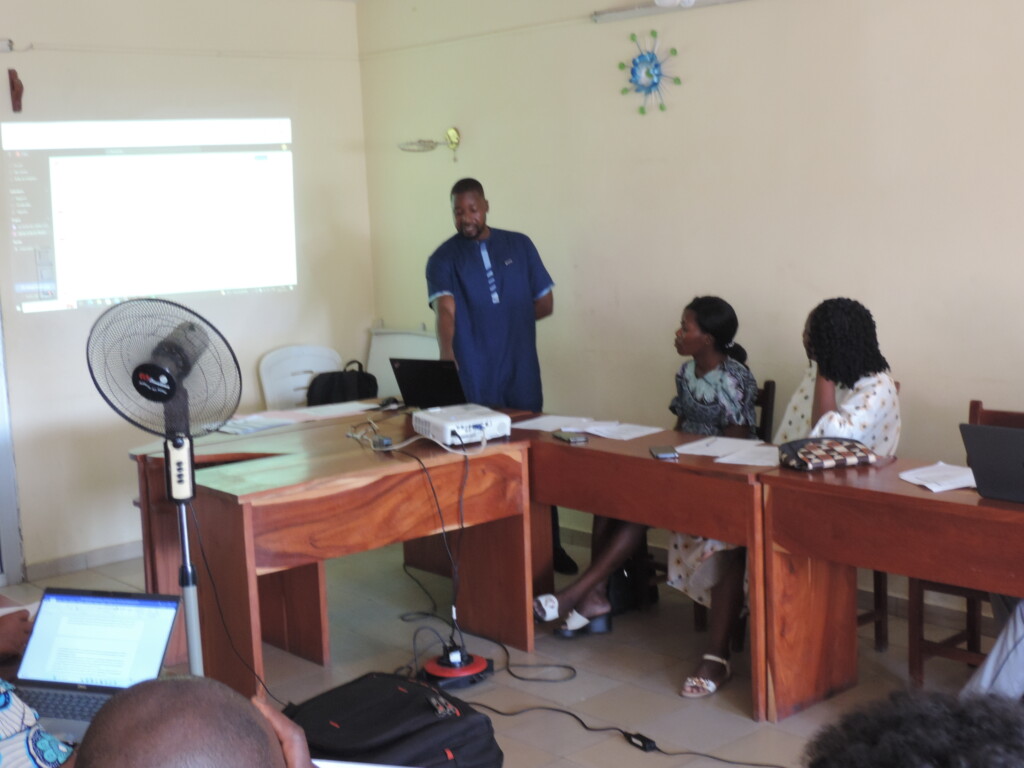
Success story
Optimizing resource mobilization for beninese NGOs
This article aims to encourage local NGOs to develop local partnerships and form consortiums to enhance their ability to respond to calls for projects. Working together allows for resource sharing, skill exchange, and the creation of more innovative projects tailored to community needs.
How to win call for proposals in 2025
CECI is an international organization that works towards sustainable and inclusive development.
CECI collaborates closely with local partners to promote sustainable and inclusive development. Moreover, it is crucial for CECI that local NGOs establish partnerships among themselves. By fostering these collaborations, CECI ensures that local NGOs share resources, skills, and innovative ideas. This not only strengthens the effectiveness of projects but also enhances the collective capacity to address local challenges in a more impactful and sustainable way. By encouraging local NGOs to work together, CECI maximizes the impact of its actions, which focus on four key priority areas:
Promoting the rights of women and girls
Strengthening women's economic empowerment
Adapting to climate change
Inclusive governance and peacebuilding in fragile contexts
Challenges faced by NGOs
Local NGOs often struggle to mobilize the resources needed to develop and implement ambitious projects. Here are some of the main obstacles:
Lack of Human and financial resources
NGOs frequently face a shortage of staff dedicated to resource mobilization. This issue mainly stems from financial constraints, which prevent them from building sufficiently large teams to efficiently handle project proposal writing and submission. Staff members often have to juggle multiple roles, reducing the time available for securing funding and preparing strong, persuasive proposals. As a result, NGOs struggle to meet deadlines and submit competitive applications.
Complex proposal templates and tight deadlines
Calls for proposals often require long and detailed proposals with short submission deadlines. This leaves little time for conducting in-depth field assessments, which can lead to proposals that do not fully meet the criteria of the project call or fail to accurately reflect the needs of the communities.
Lack of Innovation
Local NGOs sometimes lack expertise and awareness of new approaches in environmental technology and sustainable development. This results in a tendency to recycle project ideas, which stifles innovation, reduces productivity, and limits the ability to propose effective solutions for addressing climate challenges and women's economic empowerment in the digital age. To overcome these challenges, it is essential to strengthen training and encourage the adoption of new technologies.
The solution: working in a consortium to win calls for proposals
Faced with these challenges, the most effective solution is to form a consortium. By partnering with other NGOs or local partners, organizations can overcome these obstacles.
Here’s why this approach works:
Pooling Resources
By working together, NGOs can share the workload of project proposal writing. Within a consortium, each organization contributes its specific skills, experience, and expertise.
Sharing Innovative Ideas
Collaboration fosters innovation by enabling the exchange of ideas and knowledge. Working in a consortium enhances the ability to design projects that address the current needs of target communities. This exchange not only drives innovation but also ensures that proposed projects align with CECI's sustainable development objectives. This approach helps avoid project idea repetition and introduces new methodologies based on the collective expertise of consortium members.
"If you want to go fast, go alone. If you want to go far, go together."
Recommendations
Using technology to optimize collaboration
Integrating technological tools into communication and management processes can significantly improve productivity. Online collaboration platforms such as Asana or Trello help track tasks, coordinate partners, and manage time efficiently. Additionally, these tools provide structured documentation of ideas and optimize project management.
Community ideation
Due to limited human resources and tight deadlines for project calls, project ideas are often proposed by NGO teams and later validated through field assessments. Why not involve communities directly in generating project ideas? By gathering their insights and suggestions, community participation ensures that projects truly reflect their needs.
CECI Consortium
To put these lessons into practice, CECI and its partners in Benin have launched a collaborative platform to promote partnerships among local NGOs in project proposal writing. On October 31, 2024, a first meeting brought together key stakeholders : Initiatives for Integrated and Sustainable Development (IDID), Convergence of Actions for Integrated and Sustainable Development (CADID), Women in Law and Development in Africa (WILDAF), Center for Local Economic Development (CDEL), Network for Peace and Security for Women in the ECOWAS Region (RESPFECO), Believe in Women's Entrepreneurship (BEWE) and the CECI to establish the foundations of a collaborative framework. This framework aims to facilitate the creation of consortia, pool resources, and develop innovative project proposals as a team. This initiative highlights the importance of collective action and demonstrates that local NGOs can maximize their impact through genuine synergy. As the saying goes, "Alone we go faster, but together we go further."
Our partners
Thank you to our financial, consortium, and implementation partners, without whom this project would not be possible. CECI's volunteer cooperation program is carried out in partnership with the Government of Canada.












